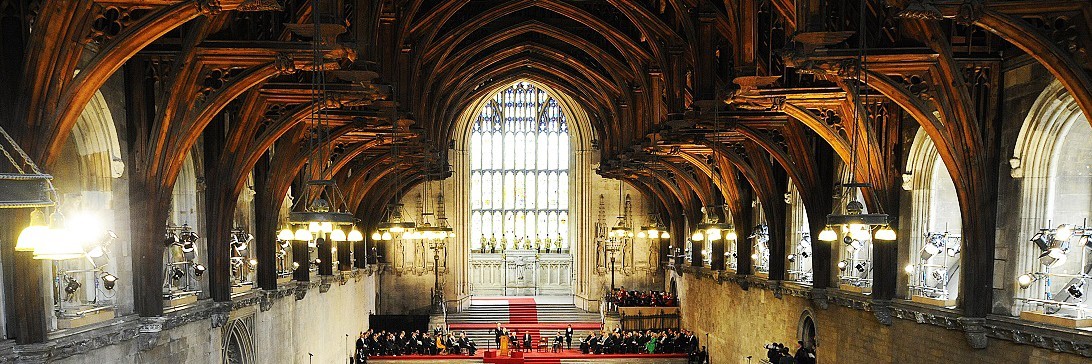The All-Party Parliamentary Human Rights Group (PHRG) and the All-Party Parliamentary Group on Iraq held a panel event in Parliament on “The Liberation of Mosul and its Aftermath” on 20 April, with the following speakers:
- Tom Pravda (“TP”) – Head of the Iraq Department, Foreign and Commonwealth Office;
- Ramita Navai (“RN”) – award-winning foreign affairs British-Iranian journalist and correspondent, recently in Iraq for the making of the documentary “Iraq Uncovered”;
- Belkis Wille (“BW”) – Senior Iraq Researcher, Human Rights Watch;
- Amanda Brydon (“AB”) – Conflict and Advocacy Advisor, Save the Children.
The panel event was chaired by Rt Hon Ann Clwyd MP, Chair of PHRG and APPG on Iraq.
The main points were as follows:
- The UK Government’s policy in countering Da’esh in Iraq is currently based on two main principles: Da’esh is ultimately a political problem so vital to address underlying political issues; the UK’s role is to support the Iraqi Government in its efforts to defeat IS and resolve related political problems. Support is being provided, in close co-operation with others in the international community, in four areas: military; humanitarian; stabilisation; and, political. (TP)
- A strong relationship between the Iraqi Federal Government and the KRG is essential to the longer-term stability of Iraq. (TP)
- There are secret prisons across the country being run by different militias – with serious concerns about the welfare of detained men and boys. It is feared many of the detained have been tortured, and some even killed. It is important these allegations are properly investigated. (RN)
- Diyala, a strategically important province in the East with a mixed population, has become a militia state, and many are worried about kidnapping, killings and sectarian cleansing there. This situation illustrates the importance of militias being reigned in. (RN)
- HRW is concerned about IS’ use of chemical weapons to attack Iraqi armed forces, as well as its use of human shields. There are reports that at least a dozen, sometimes more, people are being executed daily for trying to flee the Western part of Mosul still controlled by IS. There are also concerns about Coalition airstrikes killing civilians; stringent checks and balances need to be put back in place. (BW)
- Though the scale of abuses is much less than in Falluja, abuses are still happening – including the looting and destruction of Sunni Arab villages by Popular Mobilisation Units (PMUs). The latter are not meant to be doing any screening but in areas in which they are in sole control, this is believed to be happening. (BW)
- More generally, there are concerns about the lack of information available to families and others about detainees, even if in the custody of Iraqi authorities, and the conditions in detention facilities. (BW)
- The Iraqi Government needs to address the factors encouraging young men to join IS and stop local displacement policies. (BW)
- There are fears that there will be a surge of IDPs in coming weeks, risking an overwhelming of camp capacities. Between 19 February and 4 April, 323 000 people were displaced, and 35% of them are not residing in camps. It is also feared there are 300-400 000 trapped in West Mosul, up to half of them children. The international community will need to step up to deal with any surge. (AB)
- There is risk of family separation during the screening process; minors should not be separated from their caregivers during the process. Children who were forcibly recruited must be helped. (AB)
- Representatives from the Iraqi Embassy in London stressed the Iraqi Government was doing a lot to foster reconciliation in and around Mosul and that civilian protection has been at the forefront of the Mosul operation. There are also programmes in place to reintegrate children, although international support would be appreciated in this connection.
- Some in attendance stressed the particular vulnerabilities of Iraqi minority communities, as well as the importance of championing religious plurality in Iraq.
The PHRG will continue to follow developments closely in Iraq, including in connection with the continuing operation to liberate Mosul from IS, and will raise its concerns with relevant interlocutors, particularly to ensure that urgent and longer-term humanitarian needs are being addressed and reconciliation prioritised.

